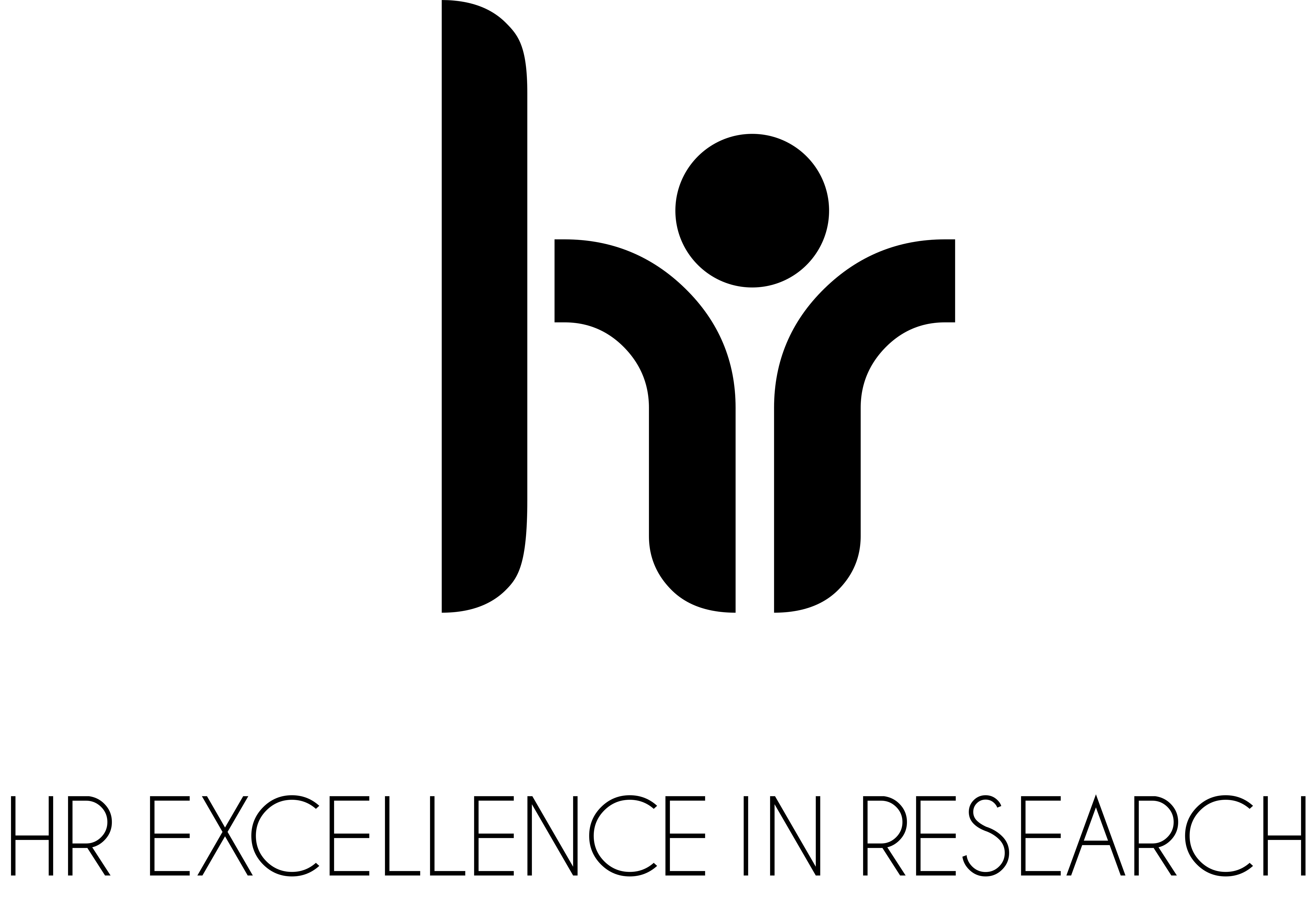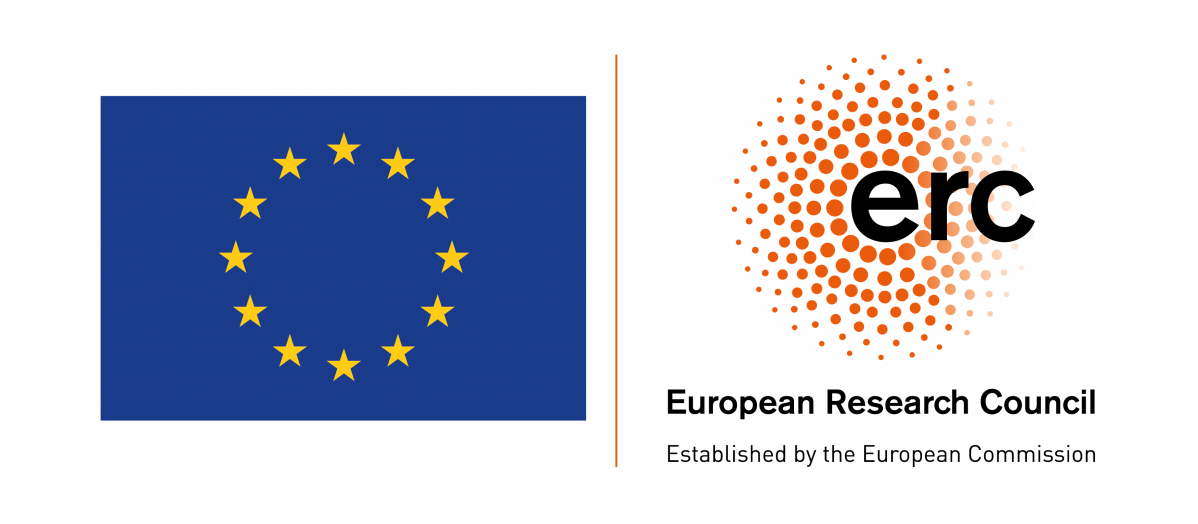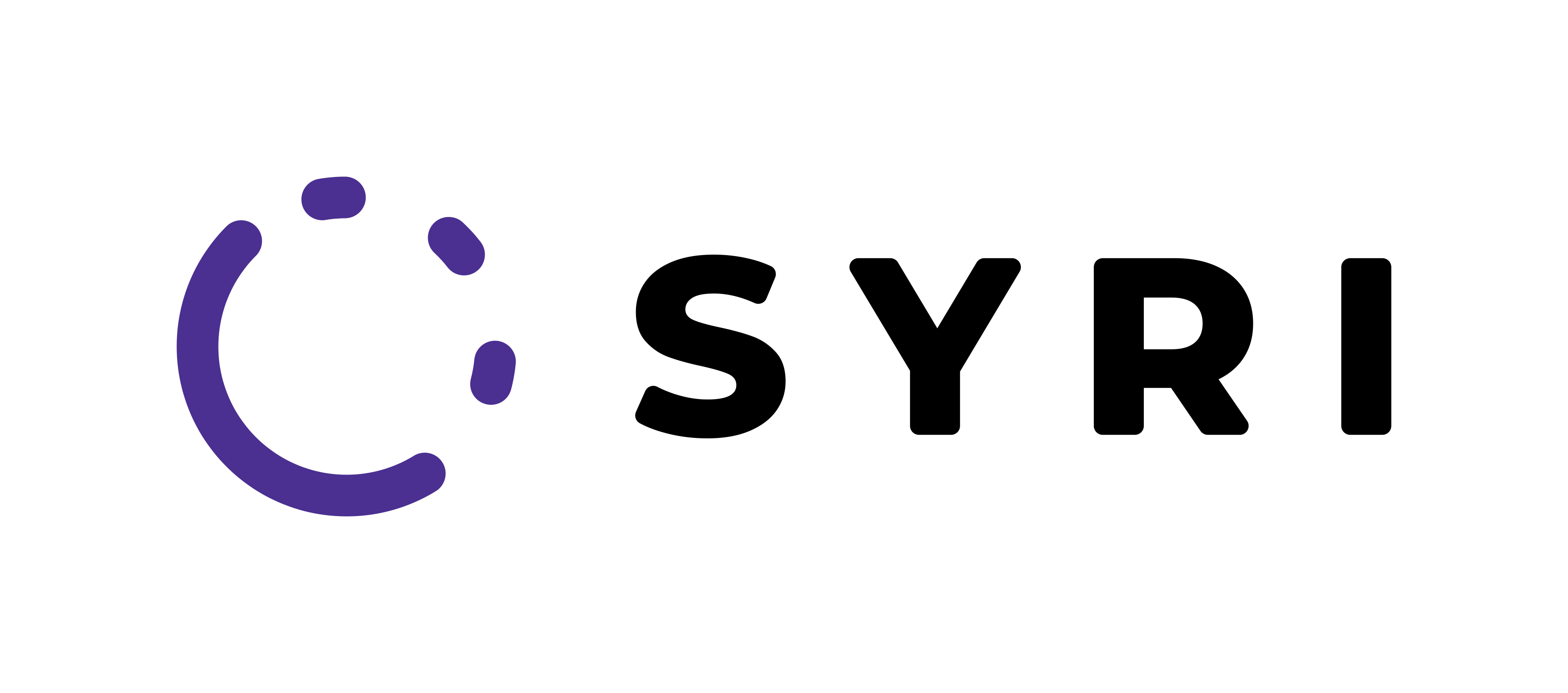Further information
Invitation pdf
Rolando Prats
Politics as Declaration: Elements for a reading with Alain Badiou of the Cuban Revolution
-----
Only politics is intrinsically required to declare that the thought that it is the thought of all.
Alain Badiou, Metapolitics
Abstract
Alain Badiou’s readings of the French Revolution, the Paris Commune, the October Revolution, and the Chinese Cultural Revolution, not to mention his groundbreaking reassessment of Paul as a figure of militant subjectivation, have all in common as their starting point the assertion —as Badiou posits it, for example, when speaking of the Paris Commune— that “a politics appears when a declaration is at one and the same time a decision as to the consequences”. On April 16th, 1961, just as the Bay of Pig’s invasion was about to unfold on the ground after a pre-emptive aerial strike the day before by U.S. sponsored counter-revolutionary forces, Fidel Castro famously —in an impromptu, albeit calculated manner— proclaimed the socialist character of the Cuban Revolution in a centric corner of Downtown Havana in front of thousands of armed militiamen. Does such proclamation amount to an evental declaration as Alain Badiou understands it? What is then the place of this proclamation in the eventality and therefore in the eventalization of the political process called the Cuban Revolution; a process which is as much declarative, that is, nominative, as it is (was) performative? Does this proclamation meet the criteria set (or implied) by Badiou’s own related definition(s) and application(s) of the concept of declaration from Paul through the Chinese Cultural Revolution? Is the figure of [political] declaration in Badiou strictly of notional value or has it instead the necessary conceptual consistency to engage —and to be engaged by—, on an equal axiomatic footing, such concepts as central to Badiou’s philosophico-political grammar and syntax as subject, event, forcing, [evental] site, singularity? To what extent concepts such as nomination and declaration in Badiou are at the same time distinct and inclusive of each other or have evolved, metamorphosed, or even disappeared, since the appearance of Logics of Worlds, without necessarily invalidating such inquiries as set out in these questions? Otherwise, is a political declaration in the Badiouan sense the ultimate place where subject and event, intervention and forcing, singularity and universality become indistinguishable, or, as Badiou posits it in his Saint Paul, is it only pistis, that is “the [point of] absence of any gap between subject and subjectivation”?
With this talk, neither a historiographic exercise nor a mere pedagogical rehearsal, let alone a formal philosophical inquiry, which imagines and/or wishes itself to be an occasion to prompt a multidirectional and yet circular exchange —from philosophy to politics to history and back—, I will engage and try to engage, in the light of Badiou’s theories of the subject, in the recognition and gathering of elements for a reading of the Cuban Revolution —a political process which I would define as an experience in post-foundational radicality— as an event whose most salient peculiarity might be the outsize place that the nominative, declarative act has in its subjectivation practice, with a focus on Ernesto Guevara’s thought and praxis in regard to the revolutionary subject as the forthbringer of a new universal humanity.
Rolando Prats is a Cuban poet, writer, translator, and political militant. A founder and leading figure in Cuba of project PAIDEIA (1989-1992) and, in such capacity, co-author and signatory of Tesis de mayo, a political manifesto addressed to the Fourth Congress of the Cuban Communist Party in August 1990 calling for a redefinition of political vanguard and the implosion of the dogmatic boundaries between politics and culture, politics and philosophy, theory and praxis. A founder and Chief Editor of Patrias. Actos y Letras (www.patrias-actosyletras.com) (2016-2022). A founder of Communis Press, a publishing project to be launched in January 2024. In 1996, after two years studying in Paris, where he got his master’s degree in Latin American History from La Sorbonne Nouvelle-Paris III, he established residency in New York, where he works as a translator for the United Nations. His poetry, political essays, interviews, and translations (including new translations of several works by Alain Badiou) are available in print and online on multiple media platforms from Cuba, Spain, Latin America and the United States. In 2016 he returned to Cuba. He currently shares his time between Cuba and the United States.





